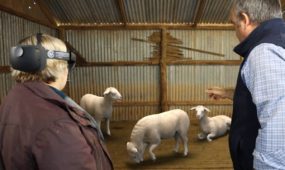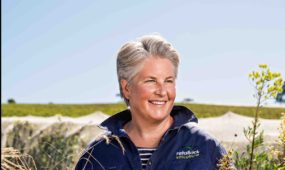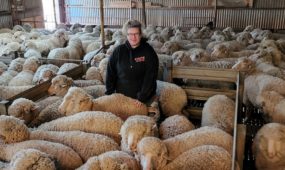Barley variety honours historic brewery
Primary Industries
A new barley variety named after the site of the original Coopers brewery is being bulked up this season with a view to becoming the South Australian brewers’ malt of choice.

Sign up to receive notifications about new stories in this category.
Thank you for subscribing to story notifications.
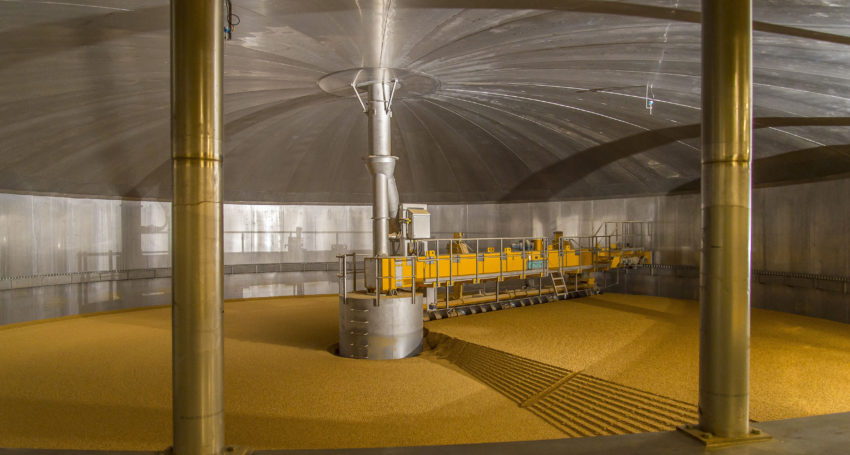
Bred by the University of Adelaide at its Waite Institute, WI4896 has been named Leabrook having passed stage 1 malt accreditation in March. It will become an accredited malting variety in March 2020 if it passes Stage 2 this year.
The variety is being bulked up this season through Seednet Partners growers at eight sites: three in South Australia, two in Queensland, two in New South Wales and one in Western Australia. About 5 tonnes of seed has gone out and seeding has begun in some areas. More than 400 hectares will be planted and about 1000 tonnes of seed likely to be kept for the commercial launch in 2020.
Seednet Partners General Manager Simon Crane said Leabrook would be grown alongside other barley varieties such as Compass, Spartacus and La Trobe for comparison purposes.
He said it was a tall and vigorous plant type with a 2-5 per cent yield advantage on other Seednet Partners malting varieties, which include Commander, Compass and Scope. Leabrook has also shown to have a slightly higher malt extract than other varieties, Crane said.
“Yield is the main reason but we’re hoping that on the malt side it’s got something to offer as well so end users are asking about it as well as growers who are keen to grow it,” he said.
“Planet is the hardest barley to beat these days in the long season regions so it won’t beat that for yield but more in the low-to-medium rainfall regions and in the tougher seasons this variety has proven to have a yield advantage.
“I wouldn’t say it’s been bred specifically for craft brewing but there’s definitely interest. It’s also in the national variety trial system so there is a lot of trial results but this year will be the first larger scale evaluation and demonstration of the variety.”
Based in Adelaide, South Australia, Coopers is Australia’s largest independently owned brewery, selling about 80 million litres a year.
Its famous ales were brewed at Leabrook in Adelaide’s eastern suburbs from 1881 until the brewery relocated to its current site at Regency Park in 2001.
Coopers malted Leabrook barley last year and made a test batch of beer as part of the accreditation process. It will likely malt two more batches at its new 54,000-tonne malting facility alongside its brewery in the coming months.
Leabrook barley is closely related to Compass, which was also bred by the University of Adelaide and is currently used by Coopers as its standard malt across its range.
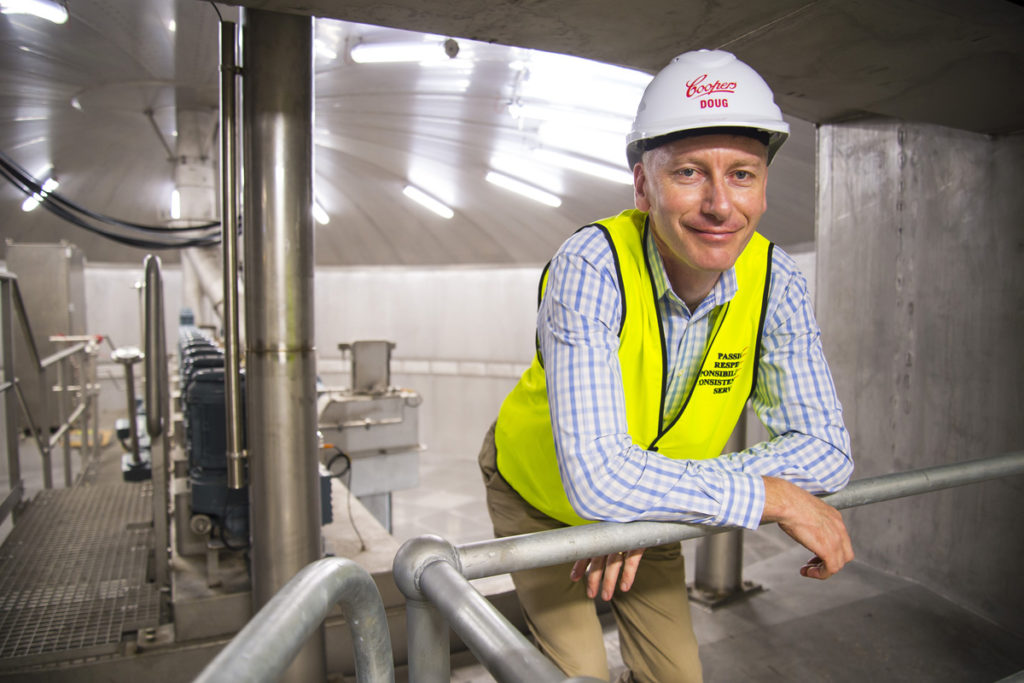
Coopers Brewery Maltings Manager Doug Stewart in the new malting facility. Picture: John Kruger.
Coopers’ Maltings Manager Dr Doug Stewart said if all went well with testing and Stage 2 accreditation, it was likely that Leabrook would eventually replace Compass as the barley of choice at the brewery in a staged transition as the variety adopted by more growers.
He said Leabrook performed “perfectly” in the first malt trial at Coopers last year.
“There were no problems at all so we’re very enthusiastic that it will be a good replacement for Compass,” Dr Stewart said.
“The variety Compass is very much in line with the domestic brewing industry so I think the new variety will find its way into a number of different domestic beers including some craft beers.
“It will certainly keep that Compass type of barley around for longer, which is a style of barley and malt that we enjoy.”
The University of Adelaide’s barley breeding program at the Waite Institute ended in June 2017 meaning that WI4896 could be the last commercial barley variety officially named by the university.
The Waite is the largest agricultural research and teaching hub in the Southern Hemisphere and is also home to CSIRO, Plant & Food Research Australia and The Australian Wine Research Institute.
The University of Adelaide has traditionally used maritime terms such as clipper, schooner, keel and fathom when naming its barley, which Dr Stewart said made the break from tradition to use the Leabrook name all the more special.
“Coopers has been involved with the breeding program at the University of Adelaide for many years and we have ongoing research projects with them as well so it’s a lovely touch that they’ve agreed to name it after our original brewery site,” he said.
Jump to next article

